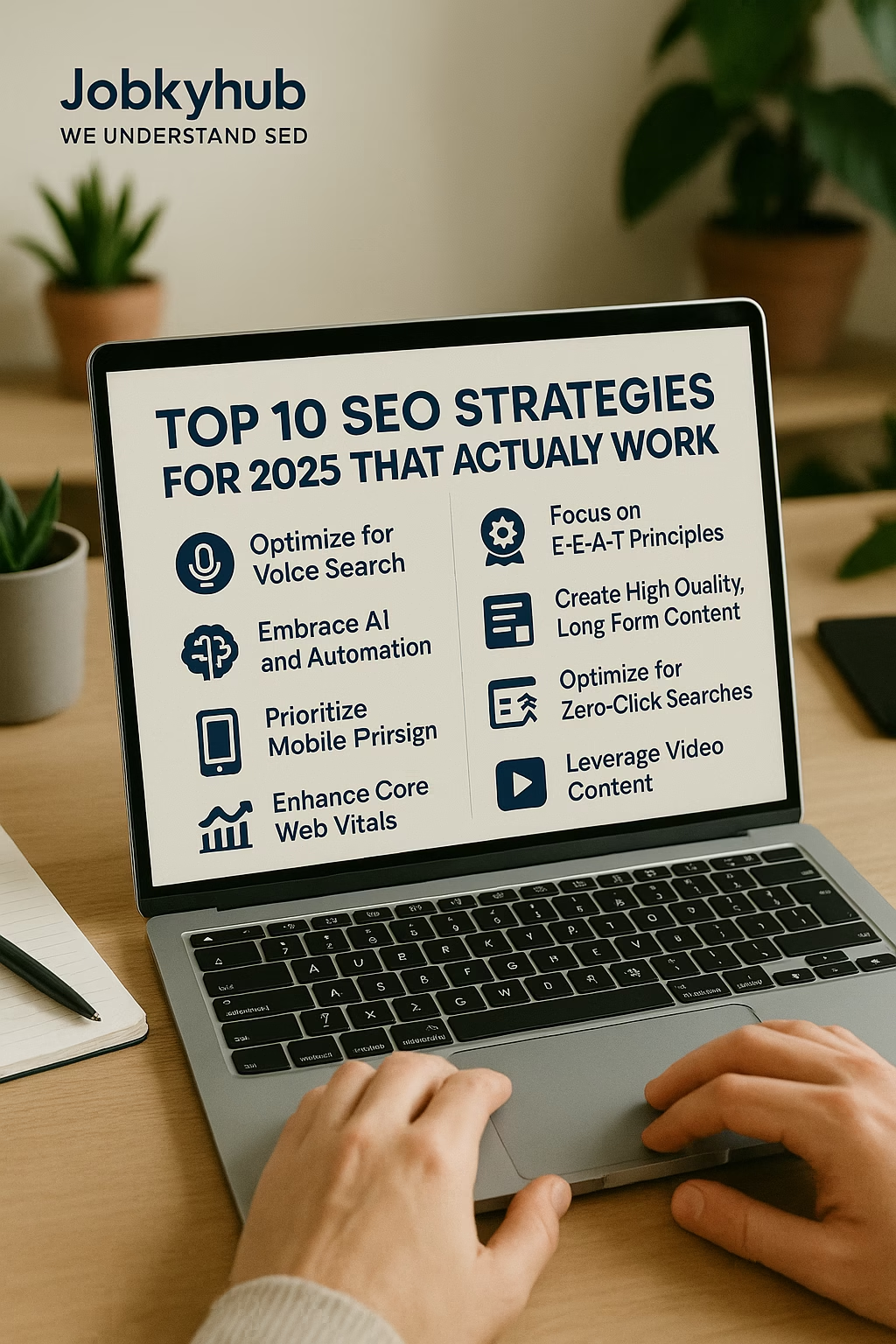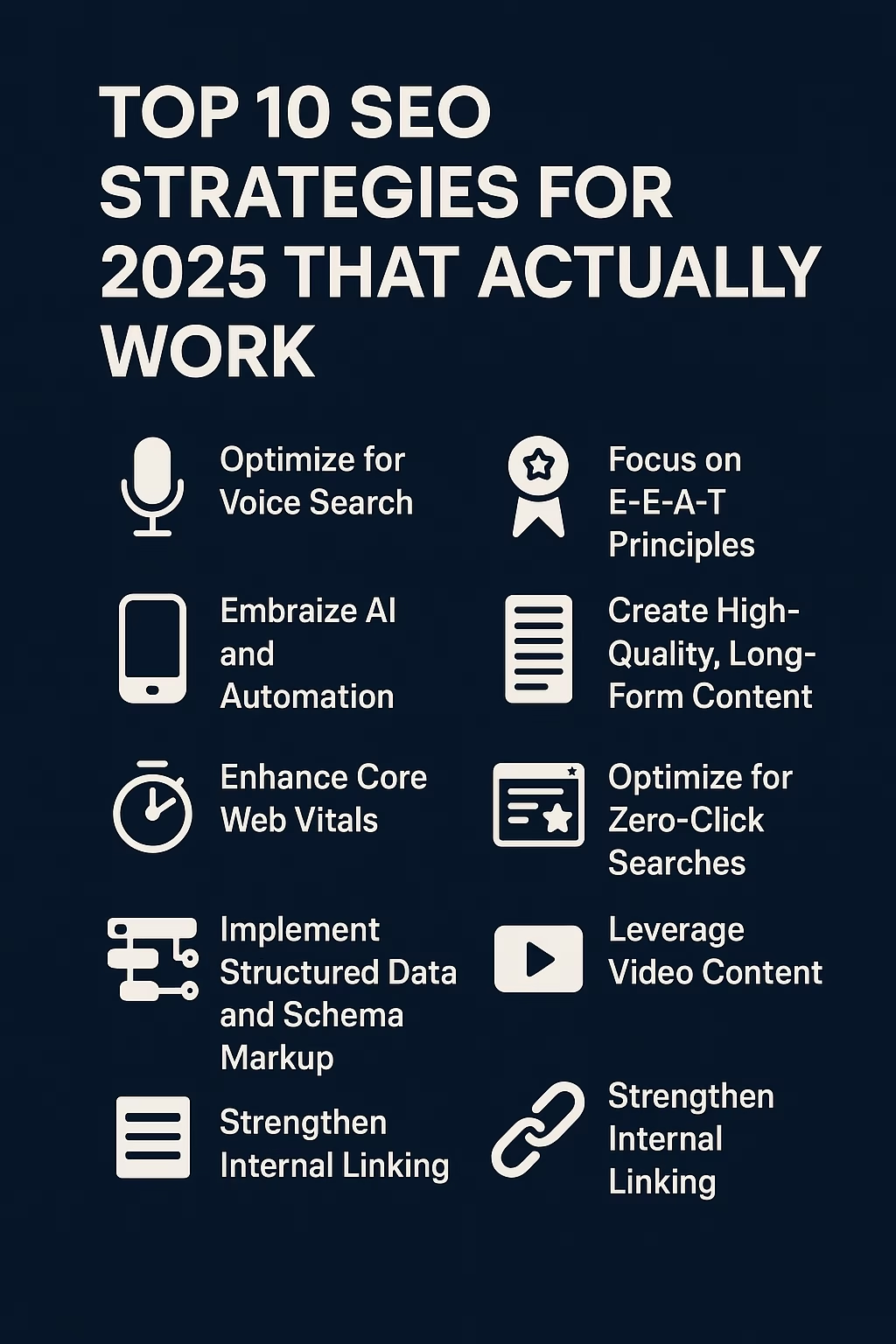
Click Here To More Help Full Articles.
Understanding the Evolution of SEO
The landscape of Search Engine Optimization (SEO) has witnessed significant transformations over the years, driven largely by the dynamic nature of search engine algorithms and the evolving behavior of users. Historically, SEO strategies were predominantly centered around keyword density and backlink accumulation. However, as algorithms have become increasingly sophisticated, the emphasis has shifted toward content quality, relevance, and user intent. This evolution is exemplified by major updates from search engines, such as Google’s Panda and Penguin, which shifted focus away from manipulative tactics to prioritize high-quality content delivery.
As we move towards 2025, it becomes evident that the principles which governed SEO in previous years are being rapidly replaced with strategies that cater more directly to user experience. Today’s search algorithms employ advanced artificial intelligence (AI) technologies that understand context, semantics, and user behavior, further refining the way searches are conducted and results are displayed. In this context, marketers and content creators must recognize the importance of crafting meaningful, relevant, and user-friendly content that resonates with target demographics.
Moreover, the rise of mobile technology has dramatically influenced user interaction with search engines. With a growing percentage of users accessing the internet via mobile devices, search engines are not only favoring mobile-friendly websites but also prioritizing speed and accessibility. The increasing importance of voice search and localized SEO are pivotal reminders of how user behavior continues to evolve, demanding that strategies adapt accordingly.
The necessity of staying current with these trends emphasizes that successful SEO is no longer just about visibility but rather about delivering an unparalleled user experience. As we explore the top SEO strategies for 2025, understanding these evolutionary changes will serve as the foundation for effectively navigating the complexities of modern SEO practices.

Embracing Artificial Intelligence in SEO
As we look towards the future of search engine optimization (SEO) in 2025, the integration of artificial intelligence (AI) presents a transformative shift in the strategies employed by digital marketers. AI technologies are revolutionizing how businesses approach SEO, enabling them to stay competitive and meet user expectations effectively. One of the most significant applications of AI in SEO is found in keyword research. Traditional keyword strategies often involve heuristic approaches, but AI-driven tools can analyze vast datasets to identify trending terms and user preferences with unparalleled precision.
By utilizing machine learning algorithms, AI tools can discern patterns in search behavior, facilitating the development of content that resonates with users. This level of insight allows marketers to tailor their content strategies based on anticipated user intent rather than merely reacting to existing trends. Furthermore, AI enables content personalization by optimizing user experiences across diverse platforms. Techniques such as natural language processing (NLP) can help in creating contextually relevant content that adapts to individual user preferences, enhancing engagement and driving traffic.
Predictive analytics is another critical area where AI can significantly impact SEO outcomes. By forecasting search trends and user behavior, businesses can proactively adjust their strategies to align with emerging market demands. Tools like Clearscope and Frase leverage AI to provide data-driven recommendations that can enhance content relevancy and search visibility. Beyond content creation and optimization, AI tools also streamline technical SEO processes, such as automated site audits and performance tracking. As AI continues to evolve, its importance in shaping effective SEO strategies cannot be overstated. Businesses that incorporate AI technologies into their SEO efforts are more likely to achieve higher search rankings and improved user satisfaction in 2025.

The Importance of E-A-T: Expertise, Authoritativeness, Trustworthiness
In the ever-evolving landscape of SEO, the concepts of Expertise, Authoritativeness, and Trustworthiness (E-A-T) have emerged as critical elements by which search engines, particularly Google, gauge the quality of content. With the introduction of new algorithms in 2025, emphasizing E-A-T is more vital than ever for businesses and content creators looking to secure a competitive edge in search rankings.
Expertise refers to the creator’s knowledge and skill in a particular domain. Search engines prioritize content that is written by individuals or organizations with verifiable credentials or experience in their respective fields. For example, a health article authored by a qualified medical professional will generally be rated higher than content produced by an unverified source. Thus, showcasing credentials and qualifications prominently can enhance a site’s E-A-T score effectively.
Authoritativeness relates to the reputation of the content creator or the website itself. Both external and internal links that reference a site’s content can substantiate its authority. To build authoritativeness, it is recommended to publish research-backed articles, engage in guest posting on industry-relevant platforms, and earn mentions or backlinks from reputable sources. Furthermore, contributing insightful, original thoughts or data to established online forums or discussions can positively impact authoritativeness.
Finally, trustworthiness is fundamental for securing user loyalty and confidence. Building a trustworthy online presence involves implementing transparent policies regarding privacy, security, and customer service. Both user reviews and ratings can significantly influence trust; thus, actively managing online reputation through feedback channels can help in fostering trust. By prioritizing these aspects of E-A-T, businesses can improve their SEO strategies for 2025, ultimately resulting in better search visibility and increased user engagement.

Leveraging Video and Voice Search Optimization
In 2025, the landscape of search engine optimization (SEO) will increasingly prioritize video content and voice search capabilities, reflecting the dynamic ways users engage with digital media. Recent statistics indicate that over 80% of online traffic is expected to be driven by video content, as consumers demonstrate a clear preference for visual storytelling over traditional text-based information. Consequently, businesses must adapt their SEO strategies to incorporate video effectively, ensuring content is optimized for search engines.
To effectively optimize video content, businesses should focus on several key strategies. First, creating captivating titles and concise descriptions that include relevant keywords is essential for improving visibility in search results. Additionally, employing tags and engaging thumbnails can enhance click-through rates, further increasing the chances of ranking higher. It is also beneficial to host videos on platforms like YouTube, which is a prominent search engine in its own right, allowing content to reach broader audiences.
Voice search is another critical component of modern SEO that cannot be overlooked. As digital assistants become more prevalent, users are shifting towards conversational queries, leading to an urgent need for businesses to rethink their keyword strategies. Incorporating long-tail keywords and phrases that mimic natural speech patterns can significantly enhance a website’s performance in voice search results. Structured data markup must also be utilized to help search engines understand the content more efficiently, thereby increasing the likelihood of being featured in snippet results.
By embracing both video and voice search optimization, businesses can enhance their visibility and effectively connect with their audience in an increasingly digital world. As the demand for engaging, voice-responsive content grows, implementing these strategies will become imperative for staying competitive in the evolving SEO landscape.
Click Here To More Detail For This Article.






